I had been looking forward to Thursday night all week. Our local Moscow shul was having a big Lag B’Omer party. There was a festive meal—complete with a giant wok of plov (a Russian rice and meat dish), a face painter for the kids, and a bonfire, of course. Due to COVID-19, this was my son, Ezra’s, first Lag B’Omer. He’s 15 months old and as the men danced and sang, I stood there watching, holding him in my arms, the firelight dancing all around his face. He would not stop clapping.
He clapped as I held him, he clapped and moved to the beat when I put him down and I was giggling and smiling at his sweetness. When I got home that night, I felt so energized. Moscow can sometimes be a lonely place for me, but that night, I felt so connected to our community, my family and Hashem as we celebrated the end of the Omer mourning period.
The next morning, when I woke up, I soon saw the news about the 44 souls (at the time) that had perished in Meron and did a double take as I rubbed the sleep from my eyes. It took me awhile to process what even happened, let alone deal with the emotions of it all as they slowly came up. Young sons, fathers, husbands, gone. How could it be, that at one moment, a large part of Klal Yisrael was dancing together in unison, singing the same songs, on the day supposed to bring the greatest joy, and then the next, the worst tragedy had occurred?
All day, as I kept myself busy with the Shabbos cooking I still had to get done, I stood there vacillating between disbelief and deep confusion. There were still boys missing at the time and when I was able to say Tehillim and daven, there were tears in my eyes that I refused to let down. I wasn’t ready.
“There were tears in my eyes that I refused to let down. I wasn’t ready.”
Then, at Shabbos dinner, the emotional reality of it all hit me. I was sitting with my husband and I just looked at him and said, “Those families are also experiencing Shabbat right now. I can’t imagine what they’re feeling.” I broke as I shared, “My biggest fear is losing you and Ezra.” The reality that so many families did lose their people sunk in. I couldn’t eat anything else. I just sat there and cried. We talked, and although the pain didn’t lessen, the release of emotion, of feeling that deep sorrow for my fellow brothers and sisters came out.
After Shabbat, I learned more about the precious neshamot (souls) that left us way too soon. A father of a two-week-old daughter, two sets of brothers, a 13-year-old boy, a 19-year-old yeshiva student. The pain of just reading a few stories was too great, I couldn’t get through them.
Now, in the days following, the pain has hardly lessened. I still can’t help but wonder why—even though I know we won’t know why. I say I have emunah (faith), but in these deep times of struggle, can I still hold onto it? Can I still cling to bitachon (trust in G-d) and strengthen it instead of questioning it? If Hashem is all good, then in some realm, this has to be for the good too?
Shavuot is coming, and I’m sure it’s hard for all of us to get in the zone. Normally a time reserved for festivity and cheesecake, this year’s holiday now has a different tone. Rabbi Aba Wagensberg, a popular lecturer and teacher in Jerusalem, shared in one of his divrei Torah from last year (subscribe here), about how Shavuot is a new year—the fruits of the trees are judged on this day. We’ve waited all winter and spring, and now the fruits are beginning to grow. It’s a time of renewal.
Shavuot is also compared to the wedding between us and Hashem. Hashem is the chattan (groom) and we are the kallah (bride). Each year, when we accept the Torah upon ourselves again, it’s like we’re renewing our vows. The first time we got the Torah was our marriage, and each year that passes, we choose it again and again.
“The first time we got the Torah was our marriage, and each year that passes, we choose it again and again.”
Renewing one’s vows sometimes comes after a hardship in a relationship, or sometimes, a couple choses to do it to reenergize their passion. A renewal, in this case, is almost stronger than the first time vows were exchanged, because this time, you know the person on a deeper level. You’ve been through things already, and even after all that, or maybe even because of it, you’re still saying, “I choose you.”
That’s what I’m internalizing this year on Shavuot. We are saying to Hashem, “I choose you,” and He is saying it back to us. We are recommitting our love even though we’re hurt. We’re rekindling our devotion even though we don’t understand all His ways. We’re rededicating our connection even through the pain.
It’s one thing to choose Hashem when things around us look good and when things come to us easily. It’s another to stick with Him when things get hazy. But through the fog, choosing Him makes our faith even stronger. Choosing Hashem now feels hard, but doing it makes me feel closer to Him.
“Choosing Hashem now feels hard, but doing it makes me feel closer to Him.”
Our lives are all made up of relationships—with Hashem, maybe spouses and children, friends, parents and of course, ourselves. There will always be times when we get hurt. Maybe your spouse says something to you that stings, your friend leaves you out or you let yourself down— not acting as you would have liked.
Hashem even gets “hurt.” He felt hurt when we were in Mitzrayim on the lowest level of impurity—with most of his children not even leaving when he personally came in to rescue us. Hashem experiences “pain” when He sees His children not treating each other well, yet He still sustains us through this pain and never gives up hope that we’ll return to Him. He constantly renews His faith in us.
Charlie Harary spoke about the Meron tragedy (you can listen here) and encouraged viewers to think: “What am I going to do differently today to honor those who don’t have a day?” After listening to some of the hespedim (eulogies) shared, I’ve learned how extraordinary even just two of the men were. Even though right now it feels so difficult, and even though I feel guilty that I am here, and they are not, I am trying to honor them by attempting to live out each day to the fullest—as they would have.
Through learning about these individuals, I am newly inspired by the fact that the light of G-d, or true goodness doesn’t just appear—we must really dig deep and bring it ourselves. We may not be bouncing into Shavuot, but we’re still moving, and that is a blessing.
Right now, the need for renewing and refreshing ourselves is more poignant than ever. We can take our pain and turn it into purpose. We can renew our connection with Hashem and remember that He loves us more than we can imagine. We can refresh our relationship with our own brothers and sisters and know that we are always one family unit. We can recharge our connection with ourselves—internalizing the idea that we are here for a purpose and every day is a new opportunity to make it happen.




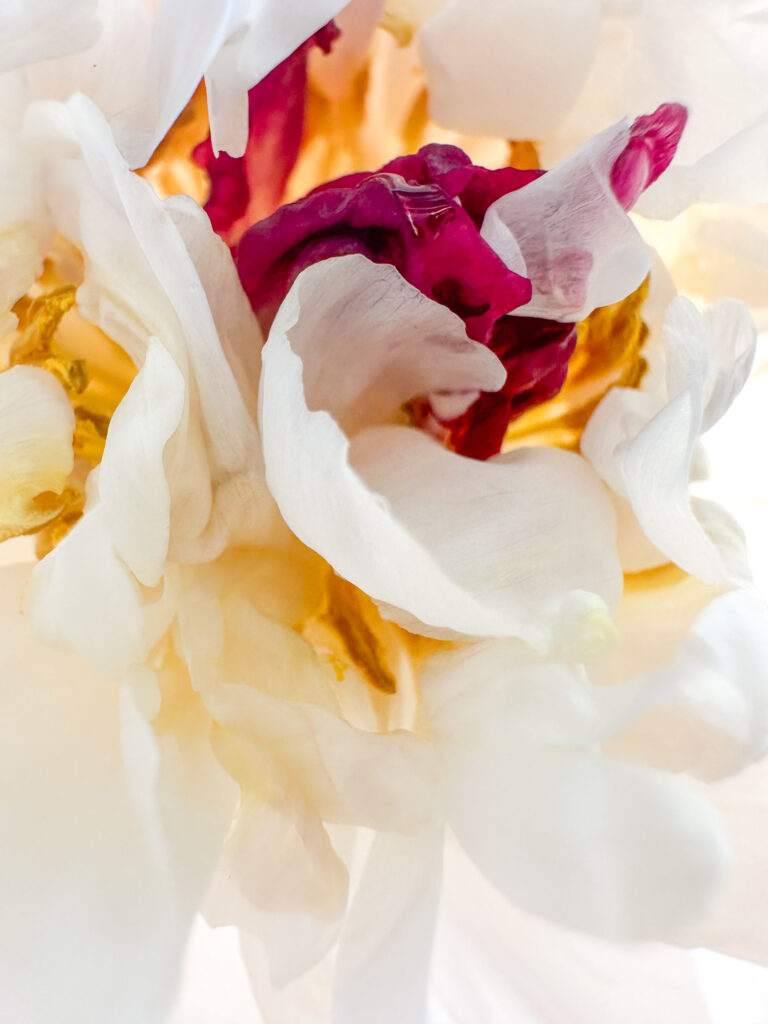
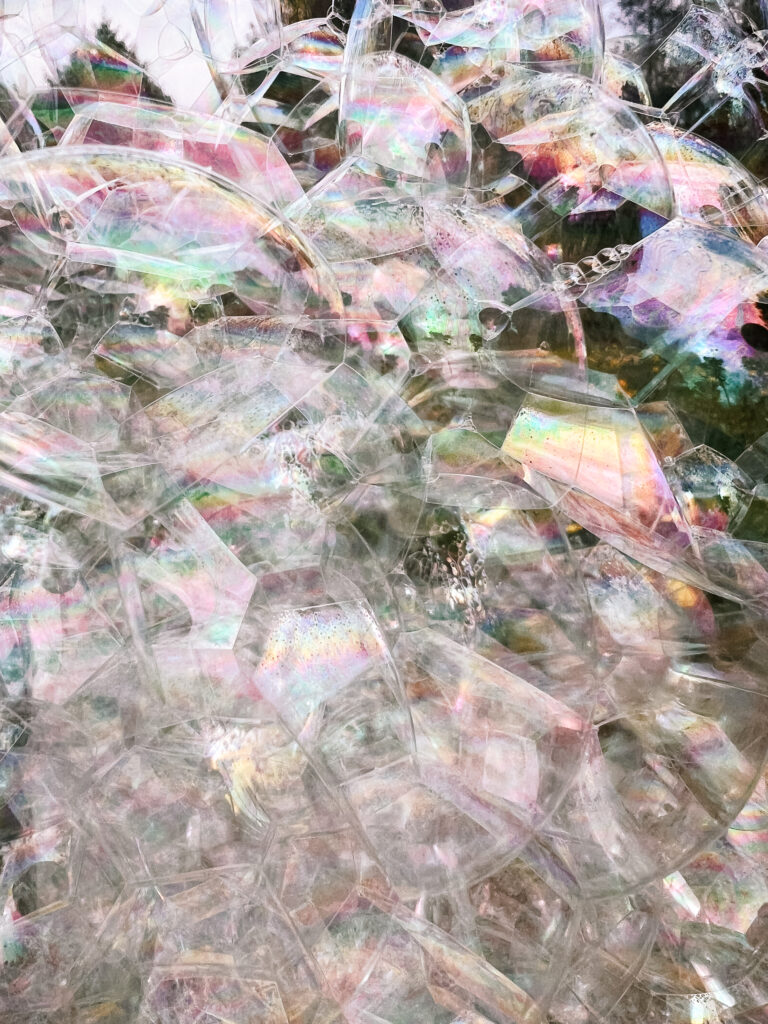
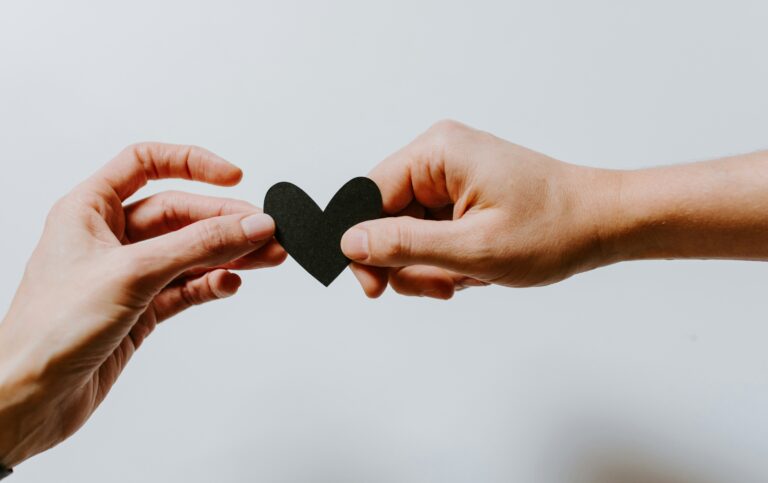
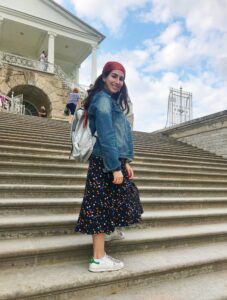

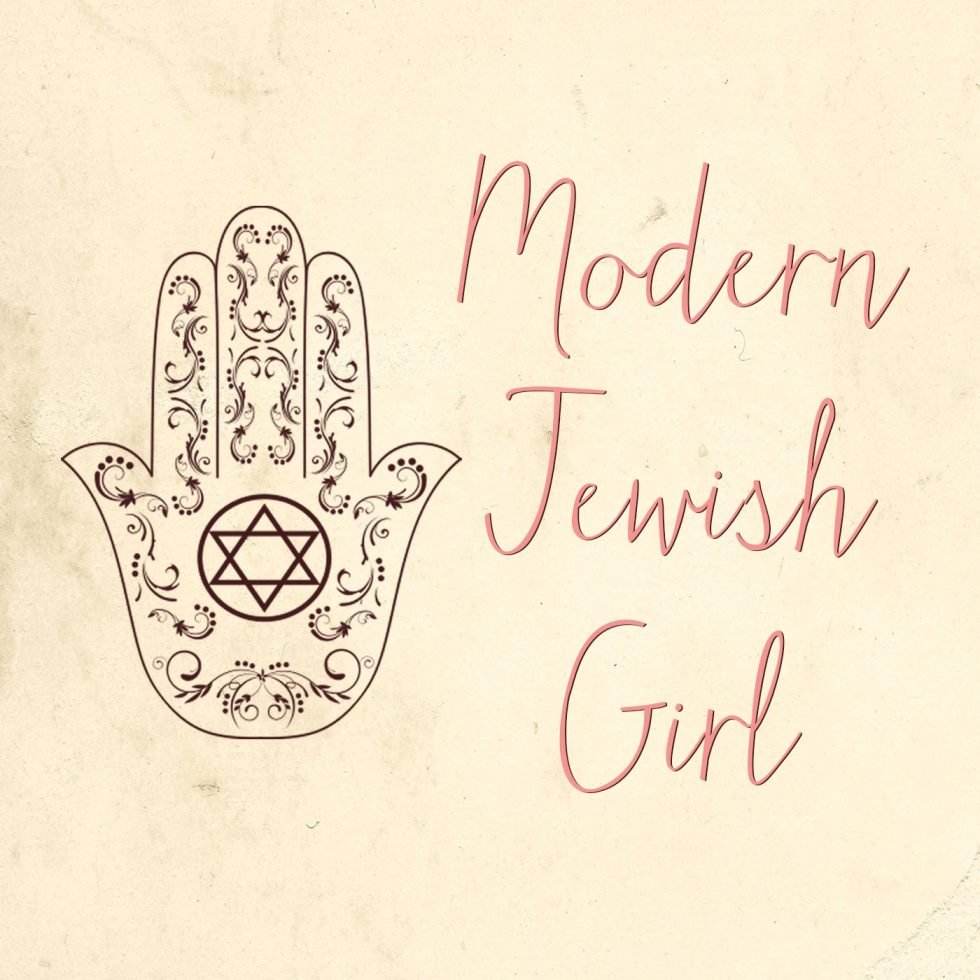
[…] on Jews in various parts of the world, the death of 45 Jewish individuals on Lag B’Omer in Meron, the death of two Jews and the injury of many more at tisch just outside Yerushalayim on […]